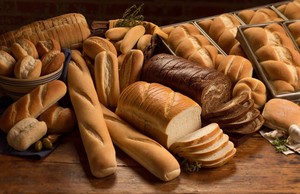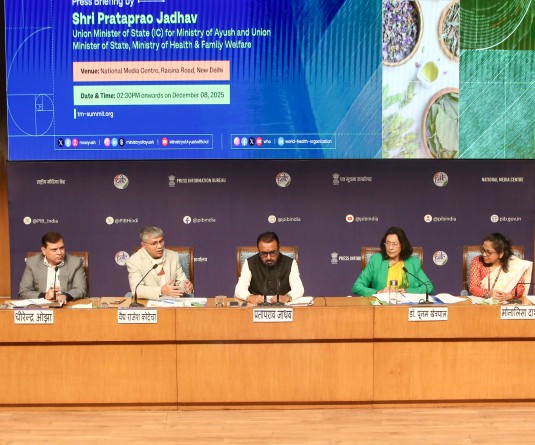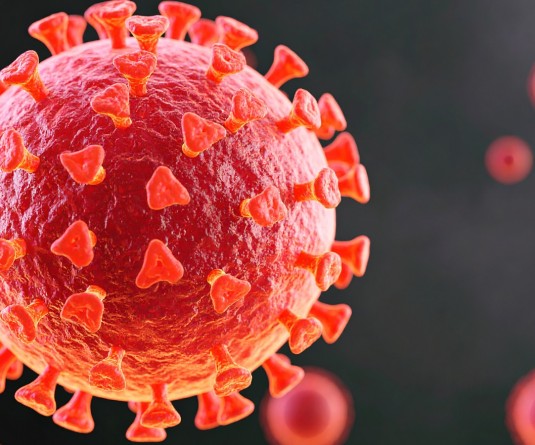IANS Photo

Bengaluru, December 16 (IANS) As Constipation Awareness Month is being observed, experts opined that eating a lot of bakery items and processed snacks is attributed to increased cases of constipation among children above the age of 5 years in Bengaluru.
Constipation Awareness Month, a global healthcare event, is observed annually throughout December to bring awareness on gut health.
Dr. Srikanth K. P, Consultant - Paediatric Gastroenterology and Hepatology, Manipal Hospital Old Airport Road, Whitefield and Sarjapur, told IANS that, the children are exposed to eating a lot of bakery items that are made up of maida which don't contain any fiber.
Their whole meal too doesn't include many fruits and vegetables, which is very negligible. All these dietary changes are attributed to the increased constipation cases for slightly older children (above 5 years of age), Dr Srikanth said.
Known for its cold climate, people, specifically children, in Bangalore, spend a lot of time indoors which results in less physical activity outdoors and no sweat. They also don't feel that thirst to drink water very often. Thus, they eventually end up drinking very little water. This contributes to be a major reason for constipation in children and adults in Bangalore, Dr. Srikanth explained.
“In young children, one of the reasons for constipation is improper toilet training and lack of attention to toilet training. The Western commode is not friendly for children to use and this hampers their easy learning of toileting habits.
That is another reason for constipation in children who are younger than 3-4 years of age. Thus, if individuals go back to our traditional whole grain diet, since the Indian diet, no matter the region, contains enough fiber along with an adequate quantity of water, it will help them prevent constipation or treat constipation if they already have it.” he stated.
Dr Khushali Lalcheta, Consultant Physician, HCG Hospitals, Rajkot explained that, in the case of children, the consumption of processed snacks and a deficiency in fiber-rich foods, such as fruits, vegetables, and whole grains, contributes to constipation. Coupled with inadequate water intake, these dietary patterns underscore the importance of fostering a balanced diet to ensure optimal digestive health in the younger population.
Dr. Ganesh Shenoy, Director -Minimal Access, GI and Bariatric Surgery, Fortis Hospital, Cunningham Road, Bengaluru, said that Bengaluru's warm climate and high altitude lead to increased fluid loss through sweat and respiration, putting residents at risk of dehydration. This lack of proper hydration can significantly impact bowel function, leading to constipation.
In children, underdeveloped digestive systems struggle with processed foods, while older adults grapple with slower gut motility and weakened pelvic floor muscles. Constipation can severely impact their quality of life. Early intervention and dietary adjustments are key to healthy gut habits across generations, Dr. Shenoy explained.
Bharathi Kumar, Dietician, Fortis Hospital, Nagarbhavi, Bangalore stated that parents should prioritise whole grains, lentils, and fruits in their children's diets, while seniors should opt for fibrous vegetables, prunes, and adequate water intake.
Worry, anxiety, fatigue and change of lifestyle may cause stress which leads to constipation. Hence stress should be avoided. Those who suffer from constipation should take more water and fibre and do more outdoor exercises. Physical activity prevents constipation. Addressing dehydration is crucial for maintaining optimal gut health and overall wellbeing, Bharathi Kumar said.






